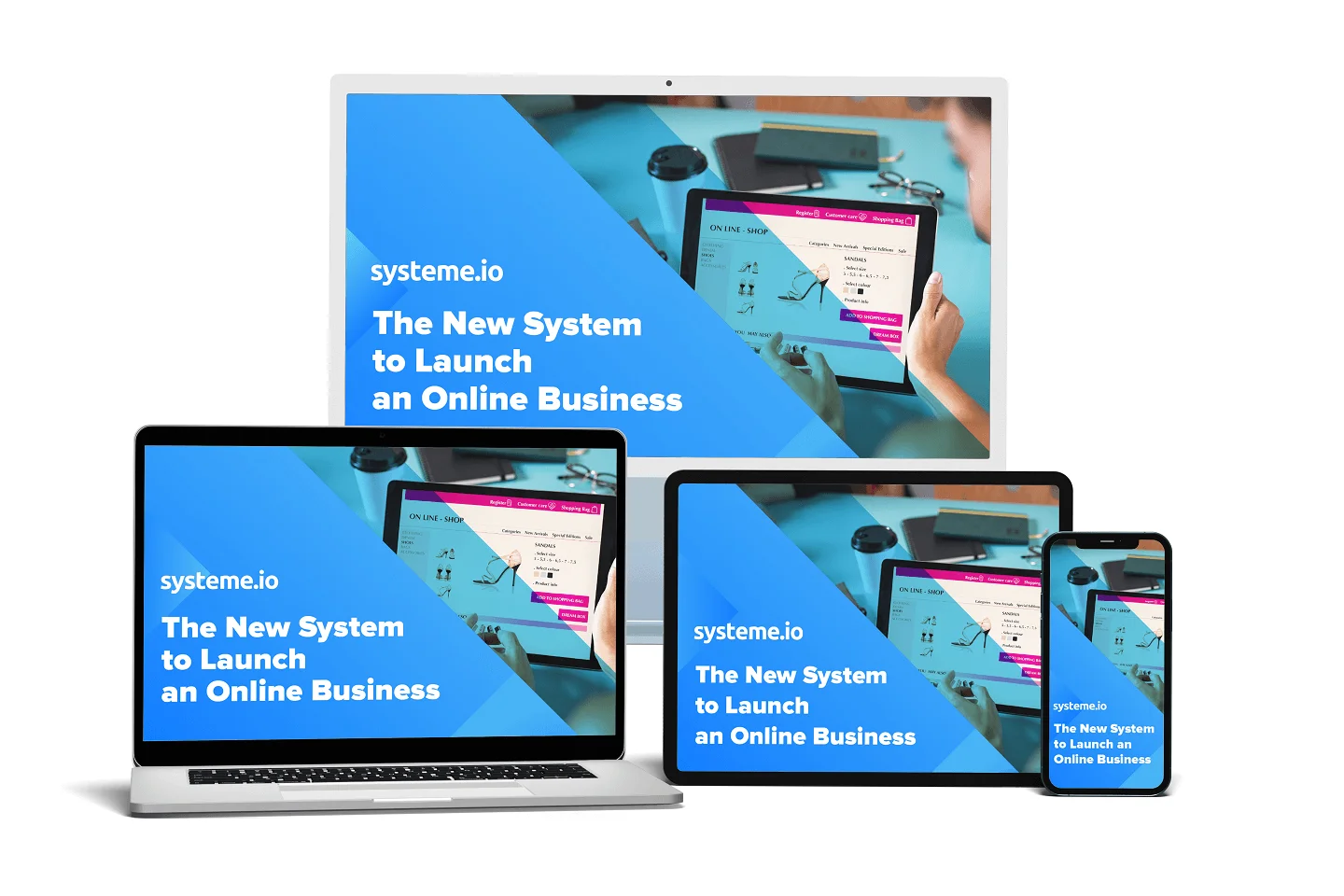In today’s digital age, search engine optimization (SEO) has become a crucial aspect of any business’s online presence. SEO automation refers to the use of tools and software to streamline and automate various SEO tasks, such as keyword research, content optimization, and link building. This article will explore the importance of SEO automation for businesses and how it can help increase traffic and sales.
Case Study 1: How a Small Business Increased Traffic and Sales with SEO Automation
Let’s take a look at a small business that was struggling to gain visibility online before implementing SEO automation. This business, let’s call it ABC Company, operated in a highly competitive industry and was finding it difficult to rank on search engine results pages (SERPs). They were facing challenges such as limited resources, lack of technical expertise, and time constraints.
After implementing SEO automation tools, ABC Company saw a significant increase in website traffic and sales. The tools helped them identify relevant keywords that their target audience was searching for, optimize their website content accordingly, and build high-quality backlinks. As a result, their website started ranking higher on SERPs, leading to increased organic traffic and ultimately more conversions.
Case Study 2: How an E-commerce Site Boosted Rankings with Automated SEO Tools
Now let’s consider the case of an e-commerce site that was struggling to boost its rankings on search engines. This e-commerce site, let’s call it XYZ Store, had a wide range of products but was finding it challenging to compete with larger online retailers. They faced challenges such as managing product descriptions, optimizing product images, and building relevant backlinks.
By implementing automated SEO tools, XYZ Store was able to overcome these challenges and improve its rankings on SERPs. The tools helped them automate the process of optimizing product descriptions by suggesting relevant keywords and ensuring they were properly formatted. They also helped optimize product images by automatically resizing and compressing them for faster loading times. Additionally, the tools assisted in building high-quality backlinks by identifying relevant websites and automating the outreach process.
The Benefits of SEO Automation for Businesses
The case studies above highlight the benefits of SEO automation for businesses. Let’s delve deeper into these benefits:
1. Increased efficiency and productivity: SEO automation tools can help businesses save time and effort by automating repetitive tasks. This allows SEO professionals to focus on more strategic activities, such as analyzing data, developing content strategies, and monitoring performance.
2. Consistency in SEO strategies: With automation, businesses can ensure that their SEO strategies are consistently implemented across their website. This helps maintain a cohesive online presence and improves the chances of ranking higher on SERPs.
3. Improved accuracy and precision: Manual SEO tasks can be prone to human error, but automation tools can help eliminate these errors and ensure accuracy and precision in implementing SEO strategies. This leads to better optimization and improved rankings.
4. Cost-effectiveness: Investing in SEO automation tools may require an upfront cost, but in the long run, it can be more cost-effective than hiring additional staff or outsourcing SEO tasks. Automation tools can handle multiple tasks simultaneously, reducing the need for manual labor.
The Role of AI in SEO Automation
Artificial intelligence (AI) plays a significant role in SEO automation. AI refers to the simulation of human intelligence in machines that are programmed to think and learn like humans. In the context of SEO automation, AI is used to analyze vast amounts of data, identify patterns, and make predictions about user behavior.
AI is used in various ways in SEO automation, such as:
1. Keyword research: AI-powered tools can analyze search trends, user behavior, and competitor data to suggest relevant keywords for businesses to target.
2. Content optimization: AI algorithms can analyze content and provide recommendations for improving its relevance and readability. This includes suggestions for headings, meta tags, and keyword placement.
3. Link building: AI can analyze websites and identify high-quality backlink opportunities based on relevance, authority, and trustworthiness.
The benefits of AI in SEO automation include:
1. Enhanced data analysis: AI algorithms can process and analyze vast amounts of data quickly and accurately, providing businesses with valuable insights for their SEO strategies.
2. Personalization: AI can help businesses personalize their SEO strategies based on user behavior and preferences, leading to more targeted and effective optimization.
3. Predictive analytics: AI algorithms can make predictions about user behavior and search trends, allowing businesses to stay ahead of the competition and adapt their SEO strategies accordingly.
How to Choose the Right SEO Automation Tools for Your Business
When choosing SEO automation tools for your business, there are several factors to consider:
1. Features and functionality: Evaluate the features and functionality of the tools to ensure they align with your business’s specific needs. Look for tools that offer a comprehensive suite of SEO automation capabilities, such as keyword research, content optimization, and link building.
2. User-friendliness: Consider the ease of use of the tools. Look for intuitive interfaces and clear instructions to ensure that your team can easily navigate and utilize the tools effectively.
3. Integration capabilities: Check if the tools can integrate with your existing systems and platforms, such as content management systems (CMS) or customer relationship management (CRM) software. Integration capabilities can streamline workflows and improve efficiency.
Popular SEO automation tools in the market include SEMrush, Moz, Ahrefs, and Screaming Frog. These tools offer a wide range of features and functionalities to help businesses automate their SEO tasks effectively.
To evaluate the effectiveness of SEO automation tools, consider factors such as:
1. Performance metrics: Look for tools that provide comprehensive performance metrics, such as keyword rankings, organic traffic growth, and conversion rates. These metrics can help you assess the impact of the tools on your SEO efforts.
2. User reviews and testimonials: Read reviews and testimonials from other businesses that have used the tools. This can provide insights into the effectiveness and reliability of the tools.
3. Customer support: Consider the level of customer support provided by the tool’s vendor. Look for vendors that offer responsive customer support and regular updates to ensure that the tools remain up-to-date and effective.
Common Misconceptions About SEO Automation
Despite its numerous benefits, there are some common misconceptions about SEO automation that need to be addressed:
1. SEO automation is not a replacement for human expertise: While automation tools can streamline and automate various SEO tasks, they should not replace the expertise and strategic thinking of SEO professionals. Human input is still crucial in developing effective SEO strategies and adapting them to changing market conditions.
2. SEO automation does not guarantee instant results: Implementing SEO automation tools does not guarantee instant results or overnight success. SEO is a long-term strategy that requires consistent effort and ongoing optimization.
3. SEO automation is not a one-time solution: SEO is an ongoing process that requires continuous monitoring, analysis, and adjustment. Implementing automation tools is just the first step; businesses need to regularly review and refine their strategies to stay ahead of the competition.
The Future of SEO Automation: What to Expect
The future of SEO automation looks promising, with advancements in AI technology and integration with other marketing strategies:
1. Advancements in AI technology: AI algorithms will continue to evolve, becoming more sophisticated in analyzing data, predicting user behavior, and providing personalized recommendations for SEO strategies.
2. Integration of SEO automation with other marketing strategies: As businesses increasingly adopt integrated marketing approaches, we can expect to see more integration between SEO automation tools and other marketing platforms, such as social media management tools or email marketing software.
3. Increased adoption of SEO automation by businesses: As the benefits of SEO automation become more widely recognized, we can expect to see a greater number of businesses embracing these tools to improve their online visibility and drive more organic traffic.
The Importance of Monitoring and Adjusting Automated SEO Strategies
Monitoring and adjusting automated SEO strategies is crucial for long-term success. While automation tools can streamline and automate various tasks, they still require human oversight and intervention. Here’s why monitoring and adjusting automated SEO strategies is important:
1. Changing search algorithms: Search engine algorithms are constantly evolving, and what works today may not work tomorrow. By monitoring and analyzing performance data, businesses can identify any changes in search algorithms and adjust their SEO strategies accordingly.
2. Competitor analysis: Monitoring competitor performance can provide valuable insights into their SEO strategies and help businesses identify areas for improvement or new opportunities.
3. User behavior analysis: By monitoring user behavior on their website, businesses can gain insights into how users interact with their content, identify any issues or bottlenecks, and make adjustments to improve user experience.
To monitor and adjust automated SEO strategies effectively, businesses should:
1. Set up regular reporting: Establish a reporting schedule to track key performance indicators (KPIs) such as keyword rankings, organic traffic growth, and conversion rates. Regular reporting allows businesses to identify trends, spot any anomalies, and make data-driven decisions.
2. Analyze performance data: Use analytics tools to analyze performance data and identify areas for improvement. Look for patterns or trends that can inform your SEO strategies and make adjustments accordingly.
3. Stay updated with industry trends: Keep up-to-date with the latest industry trends, search algorithm updates, and best practices in SEO. This will help you stay ahead of the competition and ensure that your automated SEO strategies remain effective.
How to Measure the Success of Your SEO Automation Efforts
Measuring the success of your SEO automation efforts is crucial to determine the effectiveness of your strategies and make data-driven decisions. Here are some key performance indicators (KPIs) to consider when measuring SEO automation success:
1. Keyword rankings: Track the rankings of your target keywords on search engine results pages (SERPs). An increase in rankings indicates that your SEO efforts are paying off.
2. Organic traffic growth: Monitor the growth of organic traffic to your website. An increase in organic traffic suggests that your SEO strategies are driving more visibility and attracting more visitors.
3. Conversion rates: Measure the conversion rates of your website, such as the percentage of visitors who make a purchase or fill out a contact form. An improvement in conversion rates indicates that your SEO efforts are attracting more qualified leads.
Tools for measuring SEO automation success include Google Analytics, SEMrush, Moz, and Ahrefs. These tools provide comprehensive data and insights into various aspects of your SEO performance.
Embracing SEO Automation for Long-Term Success
In conclusion, SEO automation offers numerous benefits for businesses, including increased efficiency and productivity, consistency in SEO strategies, improved accuracy and precision, and cost-effectiveness. AI plays a crucial role in SEO automation, providing advanced data analysis and predictive capabilities.
When choosing SEO automation tools, consider factors such as features and functionality, user-friendliness, and integration capabilities. It’s important to address common misconceptions about SEO automation, such as it being a replacement for human expertise or guaranteeing instant results.
The future of SEO automation looks promising, with advancements in AI technology and increased integration with other marketing strategies. Monitoring and adjusting automated SEO strategies is crucial for long-term success, and businesses should measure the success of their SEO automation efforts using key performance indicators (KPIs) and analytics tools.
Embracing SEO automation is essential for businesses looking to achieve long-term success in the digital landscape. By leveraging the power of automation and AI, businesses can improve their online visibility, attract more organic traffic, and ultimately drive more sales and conversions. It’s time for businesses to adopt SEO automation strategies and stay ahead of the competition.







































0 Comments